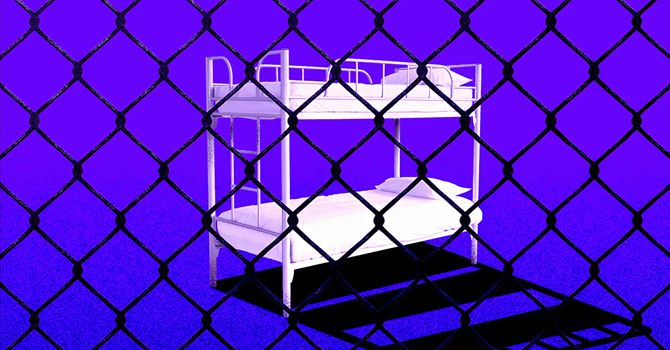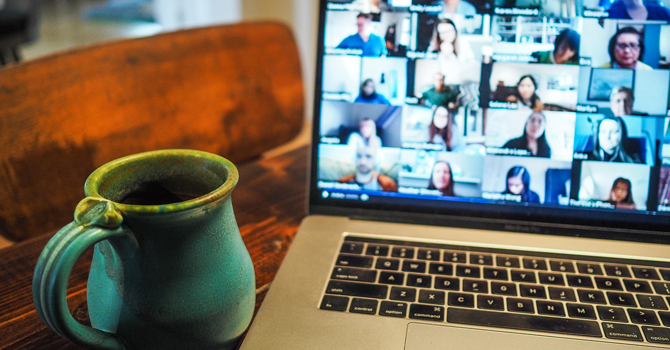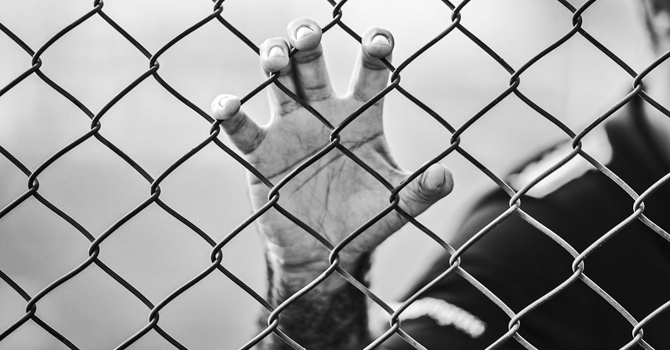
The Hidden Pandemic behind the Coronavirus
Sarah Javaid and Kathleen Lindsey
Sarah Javaid and Kathleen Lindsey take a look at some of the positive and negative impacts on the environment that have happened due to the coronavirus pandemic.
Applications are open for fall 2026!
Apply Today
Sarah Javaid and Kathleen Lindsey take a look at some of the positive and negative impacts on the environment that have happened due to the coronavirus pandemic.

While promoting healthy eating may be well-intentioned, messaging that incites fear of weight gain contributes to weight stigma and encourages negative psychological outcomes. During a pandemic, it is especially important to consider in all health care settings the implications of discussing food and bodies.

Early screening and intervention, including in the doctor’s office, can help address health inequities and mitigate their impact. The negative effects of childhood adversity extend to a variety of health outcomes. Screening promotes well-being by ensuring families have the resources they need to maintain a healthy environment for their child.

Thousands of children still live inside US immigration detention centers, and they are not getting adequate care. These populations include large numbers of Latinx children currently living in a traumatic and uncertain environment. Obtaining the data necessary to understand the mental health impacts of detainment on these children is vital.

As the coronavirus pandemic swept across the nation, University of Michigan School of Public Health online master’s students in Population and Health Sciences had the unique opportunity to use what they’ve learned through coursework in a real-world public health simulation focused on controlling the coronavirus pandemic.

In the US, ten times more people with mental health disorders are in jail or prison than in mental health facilities. The coronavirus pandemic further complicates this matter, putting incarcerated individuals at increased risk of infection.